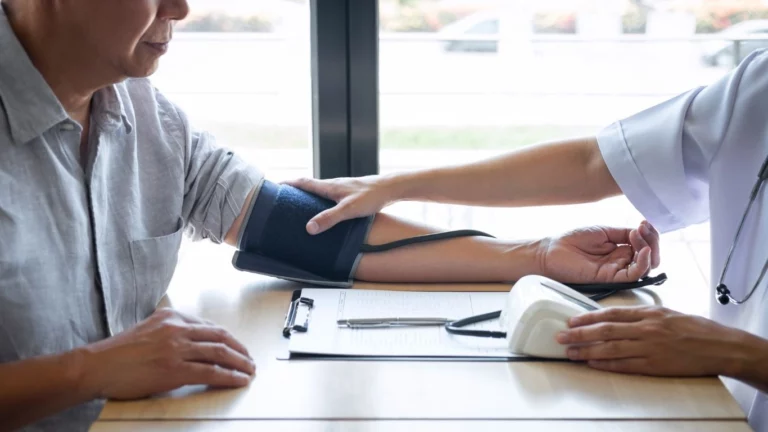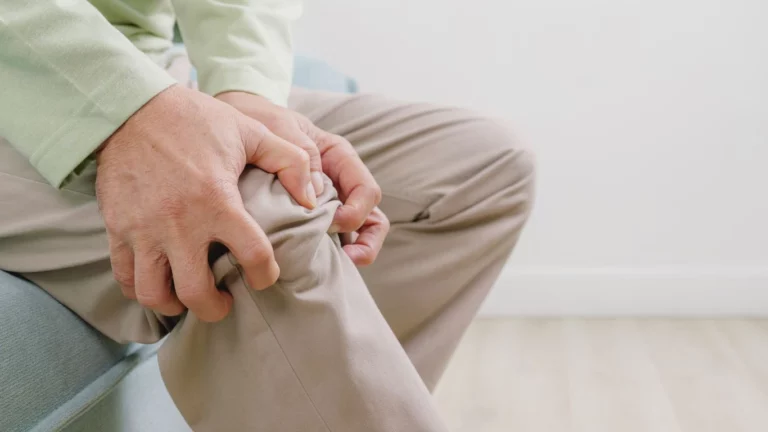Can GERD Cause Muscle Spasms? The Shocking Truth No One Talks About!

The Weird Link Between GERD and Muscle Spasms
So, How Does GERD Cause Muscle Spasms?
Okay, let’s get a little science-y for a sec (I promise I won’t bore you). GERD happens when stomach acid backs up into your esophagus, irritating everything in its path. This acidic chaos can affect more than just your chest—it can mess with your nerves, minerals, and even your muscles!
- Acid Reflux Irritates Your Nerves – The vagus nerve runs from your brain to your stomach and controls a ton of stuff, including digestion and muscle function. When acid irritates this nerve, it can trigger random muscle contractions and spasms in weird places.
- GERD Can Mess With Your Electrolytes – If your GERD is chronic, it might be messing with your magnesium, calcium, or potassium levels—all of which are crucial for keeping muscles relaxed. Low levels? Hello, cramps and twitches!
- Esophageal Spasms Feel Just Like Muscle Cramps – GERD can trigger esophageal spasms, which feel like a tight, cramping sensation in your chest. Sometimes, people mistake these for heart attacks (scary, right?).
- Stress & GERD = Tense, Crampy Muscles – GERD is stressful. Stress tightens your muscles. Tight muscles = more spasms. It’s a vicious cycle!

Common Muscle Spasms GERD Sufferers Experience
- Chest & Rib Area – Sometimes it’s an esophageal spasm, sometimes it’s just your chest muscles freaking out because of acid irritation.
- Neck & Shoulders – If acid reflux triggers your vagus nerve, it can cause tightness or random twitches here.
- Legs & Calves – Low magnesium from GERD? Get ready for those annoying nighttime leg cramps.
- Back & Arms – Some people even get twitching or tightness in their upper body.

Troubleshooting Common Issues
How to Tell If GERD Is Behind Your Muscle Spasms
If you’re getting random muscle cramps and you also have acid reflux, here’s how to connect the dots:
- ✅ Do your muscle spasms happen after eating or when lying down?
- ✅ Do you feel chest tightness that’s NOT heart-related?
- ✅ Are you low in magnesium or calcium?
- ✅ Have you noticed more cramping when your GERD flares up?

Case Studies: Real People, Real Results
Case #1: The Woman Who Couldn’t Sleep
Sarah, 42, had severe GERD and leg cramps at night. Every night, she’d wake up with painful spasms that wouldn’t stop. After adding magnesium-rich foods and an electrolyte supplement, her cramps disappeared within a month!
Case #2: The Runner with Stomach Issues
James, 35, was a marathon runner but suffered from GERD and calf cramps after meals. He started drinking more water, avoiding caffeine, and adjusting his diet—and within two weeks, the cramps were gone!
Key Takeaways
- GERD can absolutely cause muscle spasms due to nerve irritation, electrolyte imbalances, and stress.
- Low magnesium and calcium play a huge role in muscle cramping.
- Esophageal spasms can mimic muscle cramps in the chest and back.
- Fixing your diet, staying hydrated, and managing stress can make a huge difference.
Call to Action
If GERD is messing with your muscles, don’t wait. Try these fixes, and if symptoms persist, see a specialist! Your muscles (and stomach) will thank you.

Camellia Wulansari is a dedicated Medical Assistant at a local clinic and a passionate health writer at Healthusias.com. With years of hands-on experience in patient care and a deep interest in preventive medicine, she bridges the gap between clinical knowledge and accessible health information. Camellia specializes in writing about digestive health, chronic conditions like GERD and hypertension, respiratory issues, and autoimmune diseases, aiming to empower readers with practical, easy-to-understand insights. When she’s not assisting patients or writing, you’ll find her enjoying quiet mornings with coffee and a medical journal in hand—or jamming to her favorite metal band, Lamb of God.







